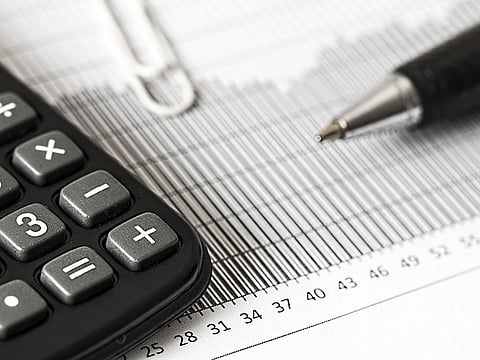Making sure to have the adequate cover
Never think of insurance premiums as a cost to be avoided where possible

Buying insurance is vital, but many think it should be profitable for them. If they pay for any type of insurance and they never have a claim, they might end up feeling that paying the policy premium wasn’t worthwhile. That is a mistake.
Insurance is a shield against the risk one is buying it for. If this shield does not get used, that is good news. And if you do, then make sure the shield was of sufficient scale to offer protection — otherwise it means the money was wasted. To ensure that you understand how insurance work, think of the following points:
The why of buying insurance
Some insurance is mandatory. For example, a minimal level of car insurance is required for third-party liability as well as to protect a car, if it is financed. But often buying insurance not just to meet the requirements. You buy because there is a need to protect an investment exposure — whether it is a house, a car or even possession or high-value items. Or for a major trip.
In these cases, the cost of insurance is justified, because this cost is compared to the risk of losing out on the major investment or being exposed to a major liability. So insurance is a protection. That is what you are paying for. It is different from buying a product or a service where the exchange of money is for something tangible.
What is good coverage?
Good coverage is one that matches all possible needs as well as the value of the insured item. Based on the type of insurance being bought, you can work with a professional to figure out how much coverage is needed. The right coverage is one that comes through when most needed and at a reasonable cost. For example, when buying insurance for a new car, you are likely to want to repair the car as much as possible, especially if there is a car loan.
Similarly, when buying health insurance, be sure to know the insurance will cover expenses to a level that makes the uncovered costs bearable.
So while one may hope there will be no need to use the insurance cover, read closely what is being bought and paid for and make sure it matches your financial limits and needs. Coverage is based on many individual factors, so provide as much information as possible to the insurance agent to make sure to get all the coverages customised to one’s needs.
Paying too little or too much is always a risk and concern, so review the coverage carefully.
When to use insurance
With insurance, you probably will want to use it if needed. But in some cases, even though the coverage is available, one might want to choose not to do so to keep the claim record clear. This is particularly important in insurance that takes at-fault claims, like car insurance.
But not using insurance because there was never the need is often good news. Think of the scenario: when buying life insurance and it is not needed, that is because you’re alive and that is a much better situation than any alternative. It doesn’t mean one doesn’t need the insurance. The risk is and has been there, and it is a duty to protect your loved ones’ future.
Similarly, buying flood or earthquake insurance may not make sense in an area that is not prone to either, but if in such a place, the insurance could make the entire difference between saving that property investment or not.
With that in mind, feel fortunate for not using insurance when you don’t have to. But in the meantime, review the coverage to make sure money is being put where it really matters.
Rania Oteify, a former Gulf News Business Features Editor, is a Seattle-based editor.
To get covered or not?
* Insurance provide protections against risk;
* Proper coverage justifies the costs;
* If not used, insurance still matters: and
* Customise the coverage to individual needs.
R.O.



